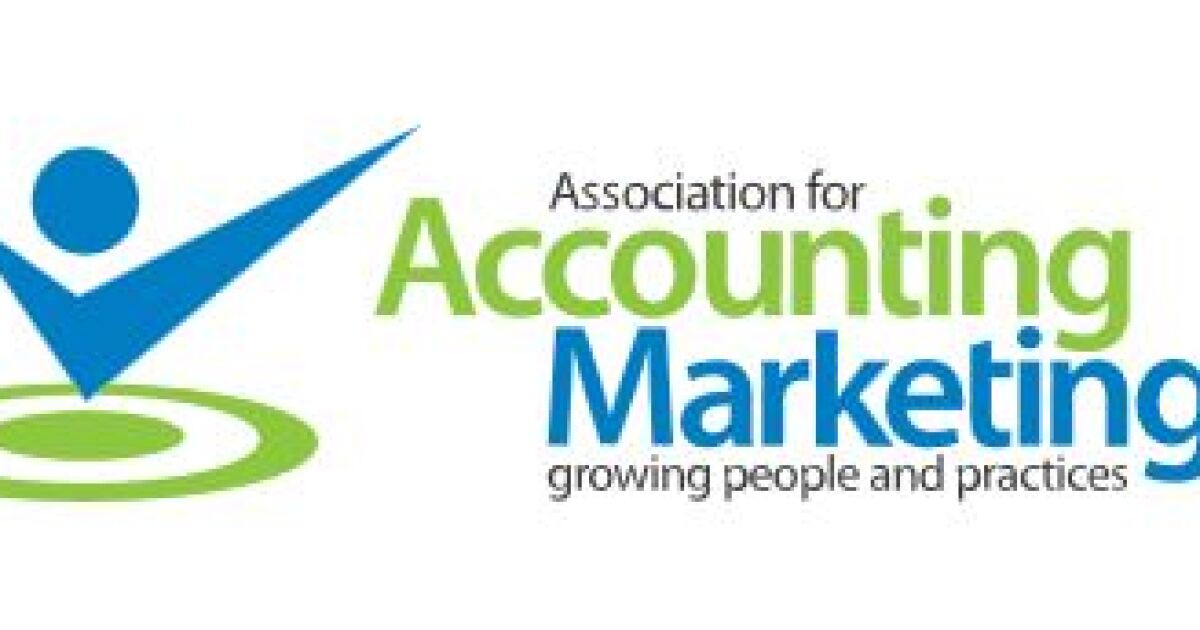Whether you’re doing financial planning for clients or referring them to advisory firms, the traditional approach is to assess a client’s risk tolerance, goals, and time horizon to arrive at a magic “number.” In other words, how much will your client need to save for a house, for their child’s college education or for retirement (by what date) in order to live comfortably without a paycheck? Or if they’re already retired, how much can they afford to draw down from their nest egg every year to live comfortably without worrying about running out of money?
Seems logical, right? Get to know your client’s financial information and goals and then use your software to run the numbers. But more and more advisors are questioning that logic and maybe you should too.
Enter “life planning.” Here you help clients create the ideal life for themselves first — and then work backward to help them get there financially.
George Kinder, founder of the Kinder Institute of Life Planning and generally regarded as the father of life planning told me on my podcast recently that too many financial advisors, from accountants to financial planners, take the math-first approach for developing solutions for their clients. Instead, he said they should be doing deep listening and building trust with clients to help them construct their ideal life. Only when that’s established should the math and money decisions be introduced.
Don’t mistake Kinder for a touchy-feely new age guru. He’s a Harvard-educated math and economics student who began his career as a tax preparer. Kinder saw the IRS code as a challenging puzzle, one that demanded both precision and creative problem-solving to master. He also appreciated the flexibility of being a tax professional, which allowed him to work intensely for a few months each year making enough money to pursue his artistic and creative interests the rest of the year. Yet Kinder felt there was more he could offer. Beyond the numbers, he found joy in the intimate, personal connections he formed while helping clients navigate their financial lives.
Life planning, the best of financial planning
Kinder has trained thousands of advisors in 30 countries over the years. He found many to be great financial thinkers, but they suspected they were missing something by focusing only on the numbers. “In the early days when I started life planning, nobody really knew how to shift that thinking,” shared Kinder. “Today we have psychology of money and behavioral finance, but I think that life planning is the best of the [new thinking] because of the way it’s structured,” he explained. “We aim at what a person would really love to be doing with their life and then determine how to get them there.” Of course, some clients don’t know how to answer that question, he cautioned. That’s where you come in.
Kinder believes life planning focuses on what a client really wants out of life — not how much money they want to have. Compared to traditional financial planning, Kinder said life planners use deep listening techniques to build an incredible level of trust with clients. He feels that’s extremely valuable because “nobody trusts anybody” in the money world. “We train people how to be really trustworthy in everything they do,” said Kinder. Deep listening and building trust, he maintains, is the key. Only then can you help clients work toward realizing their dream of freedom. “That’s when they get excited about painting the picture and working toward living that dream,” said Kinder.
Movie of your ideal life
Like Kinder, I get excited about being the director who shows clients the ideal movie of their life. On the flip side, I’ve found that many people believe that money is their obstacle to living their ideal life. But in most cases, said Kinder, it’s not. It’s about getting over who you are, your relationship with yourself and, then mapping out that life that you want.
According to Kinder, when clients see you’re really there for them — and not just a numbers-driven advisor or analytics-focused planner — that will either excite them or move them deeply. Often they’re carrying a “secret sorrow” that they need to move past before achieving the dream of freedom. As life planners, Kinder said clients are frequently living not for themselves, but living for their parents, or their job, or their spouse. That’s not freedom.
Three transformative questions
In order to overcome those perceived obstacles, Kinder has developed three transformative questions that high-performing life planners use:
1. If money were no issue how would you live your life? What would you do?
Encourage clients to explore their aspirations and desires without financial constraints, leading to clarity on their true priorities.
2. If you only had five to 10 years to live, how would you spend your time?
This helps clients focus on meaningful experiences, relationships and life goals that align with their values. It really helps them prioritize what’s most important to them and the relationships with people who are dear to them.
3. If you only had 24 hours to live, what would you regret not having done?
Kinder believes this profound question helps uncover deep-seated regrets or unfulfilled dreams, serving as a guide to crafting a more purposeful financial and life plan. It’s not about making amends or taking care of unfinished business. It’s about getting to the heart of who your client wants to be. Ask them what they think people will remember them for or whether their career or pursuit of money really was really as important as they thought it would be.
EVOKE process
Normally when people go into a financial planner’s office, they’re given a list of goal questions to answer. Then the planner moves on to: “Let me show you what we do.” And then they take out the spreadsheets and calculators, etc. By this point, said Kinder, it’s no longer about the client. “It’s not touching their heart. It’s just about the numbers.” Instead, Kinder advocates the EVOKE (Exploration, Vision, Obstacles, Knowledge, Execution) process.
As a planner, he said it’s about really being there for the person sitting across from you.
- E is about deep listening, building trust.
- V is for vision– setting the dream.
- O is about delving into obstacles and perceived barriers that are getting in the way.
- K is for the knowledge that financial planners utilize — spreadsheets, portfolio construction and math.
- E is the execution making it happen.
If the EVOKE process goes well for a client, Kinder believes they get excited and can start executing right after the first meeting! Kinder believes therapists, spiritual counselors and life coaches all bring something important to the advisory table, but “nobody puts it all together the way a financial life planner can.” He said that’s where helping clients envision their ideal life comes in. Kinder breaks it down into the ideal day, ideal week and ideal month.
Mapping the ideal life
- Ideal day: Visualize what a perfect ordinary day looks like, including work, leisure and personal activities.
- Ideal week: Expand the visualization to a balanced week that integrates passions, relationships and relaxation. That could include working a reasonable number of days or hours if a client still enjoys their work.
- Ideal month: Consider how vacations, creative pursuits and extended personal goals fit into a broader timeframe.
My new book, A Holistic Guide to Wealth Management for Accounting Professionals, has more envisioning exercises and life planning techniques for CPAs to use with clients.
As advisors, I’ve always believed we sit in a privileged position. People share intimate details about their lives with us that sometimes they can’t even discuss with their spouses or close friends. Ultimately, we are that confidante for them, a sounding board to help them make better decisions, not only with their business and personal finances, but with their life.


 Economics1 week ago
Economics1 week ago
 Economics1 week ago
Economics1 week ago
 Personal Finance1 week ago
Personal Finance1 week ago
 Economics1 week ago
Economics1 week ago
 Economics6 days ago
Economics6 days ago
 Personal Finance1 week ago
Personal Finance1 week ago
 Personal Finance1 week ago
Personal Finance1 week ago
 Economics1 week ago
Economics1 week ago












